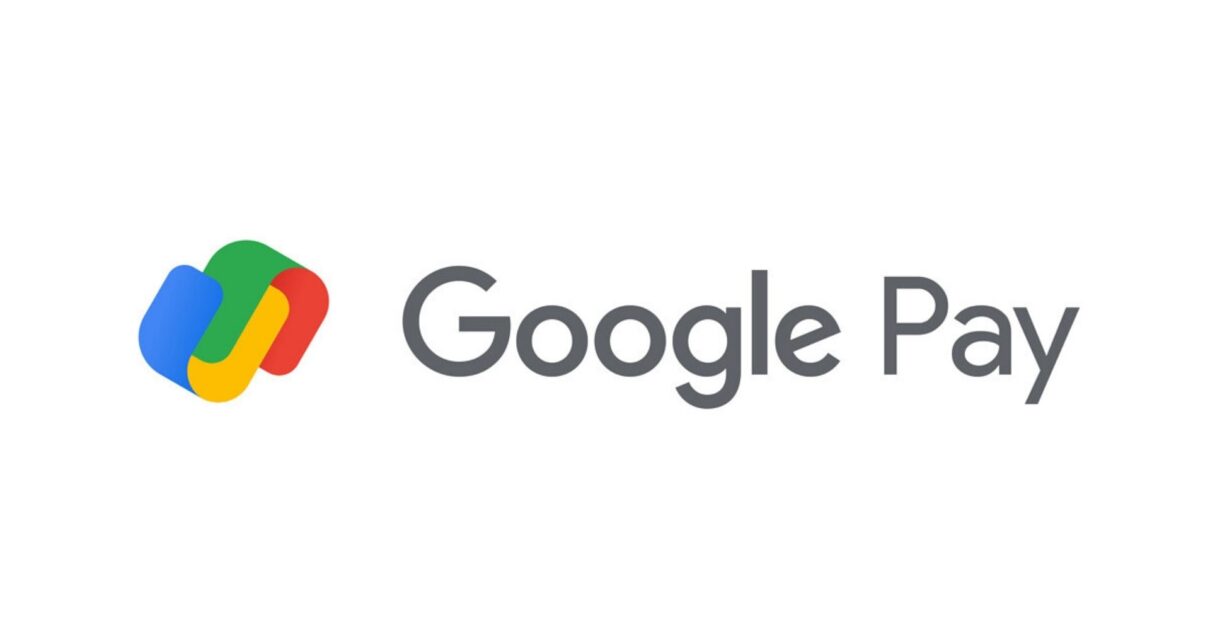Google contests the CFPB’s jurisdiction in its case, claiming that the oversight is unnecessary and characterizing the referenced customer complaints as “unsubstantiated.”
Alphabet subsidiary Google Payment will now be subject to regulatory oversight by the US Consumer Financial Protection Bureau (CFPB). The decision was made in response to complaints about the company’s consumer protection policies in relation to its financial services operations, which included its now-defunct peer-to-peer (P2P) payment network and Google Pay Balance.
After assessing Google Payment’s error-resolution and fraud-prevention procedures, which the agency believes present dangers to consumers, the CFPB decided to enforce supervision. The CFPB claims that the action is meant to improve monitoring of non-bank financial services companies and reduce any problems.
Google’s legal action to prevent oversight
Google filed a lawsuit contesting the CFPB’s jurisdiction in response to the supervisory order it issued. The digital behemoth contends that the oversight is unnecessary, and business officials have reportedly called the CFPB’s list of customer complaints “unsubstantiated.” According to a number of media outlets, Jose Castaneda, a Google official, said, “We are challenging it in court. This is a blatant instance of government overreach involving Google Pay peer-to-peer payments, which never raised risks and are no longer provided in the US.”
The complaint stems from claims that Google Payment did not sufficiently look into fraudulent transactions and give impacted users lucid explanations. The CFPB has made it clear that the oversight aims to proactively address consumer concerns rather than suggesting that the corporation has engaged in misconduct.
Numerous customer complaints about Google Pay Balance and the P2P payment service, which enabled users to send money and make payments using the Google Pay app, led to the CFPB’s investigation. The stored-value Google Pay Balance product is still accessible for specific uses, such as withdrawing cash that has already been used, even if the P2P service and several of the app’s functions were discontinued earlier this year.
The oversight of Google Payment by a US government agency is part of a larger effort to guarantee compliance among non-bank financial service providers. If an entity’s actions are thought to put consumers in danger, the agency may designate it for supervision under the Consumer Financial Protection Act.
This is just the second contested supervisory designation order that the CFPB has made public. The agency claims that by disclosing the order, it hopes to improve openness and provide insight into how it evaluates possible consumer hazards. Although they are private, the agency’s supervisory inspections are meant to assist businesses in recognizing and resolving possible legal infractions. The majority of businesses that were the subject of the CFPB’s supervisory notices have chosen to voluntarily comply. Google’s choice to challenge the notice in court sets the groundwork for a legal dispute that may influence how non-bank financial enterprises are regulated.
The supervisory order issued by the CFPB coincides with heightened regulatory scrutiny of Google’s parent corporation. The US Department of Justice (DoJ) hinted last month that it might petition a federal judge to order Google to sell its Chrome browser. The request is a component of a larger antitrust complaint that seeks to limit Google’s hegemony in the online marketplace. This comes after U.S. District Judge Amit Mehta’s August 2024 decision, in which he found that Google had illegally monopolized the search industry in violation of federal antitrust regulations.
